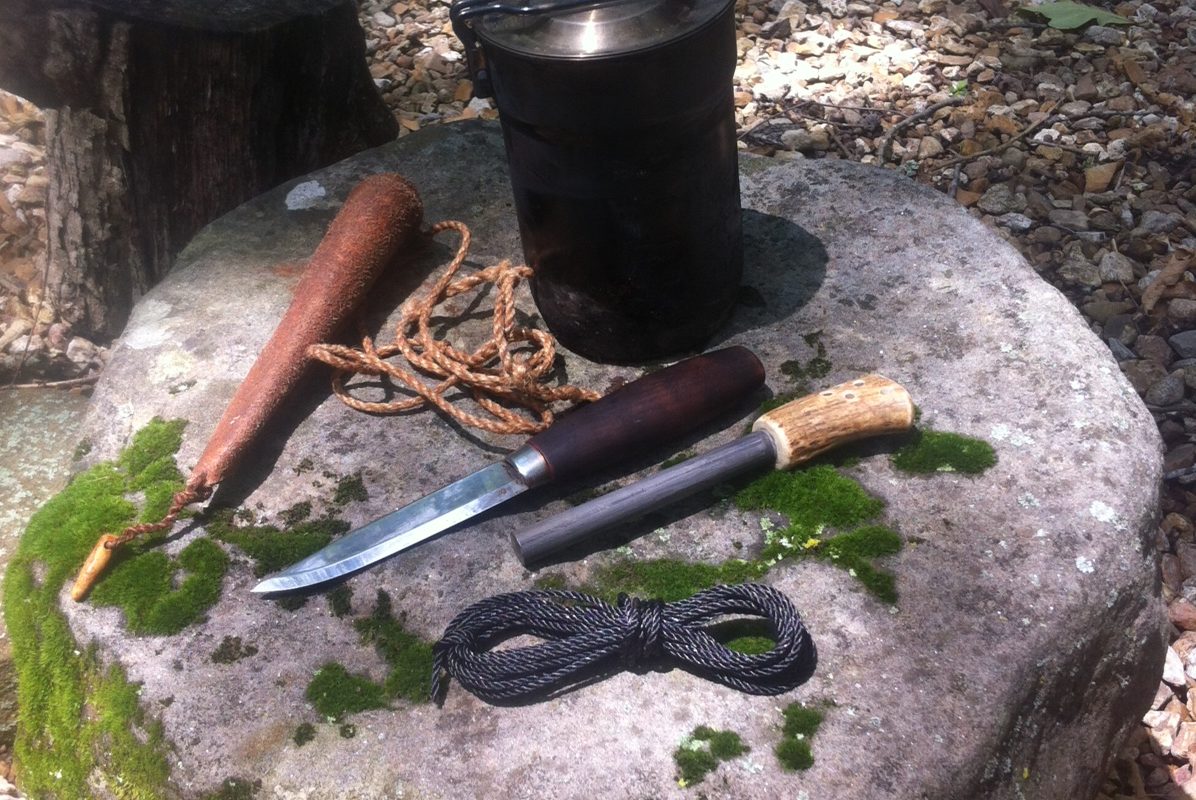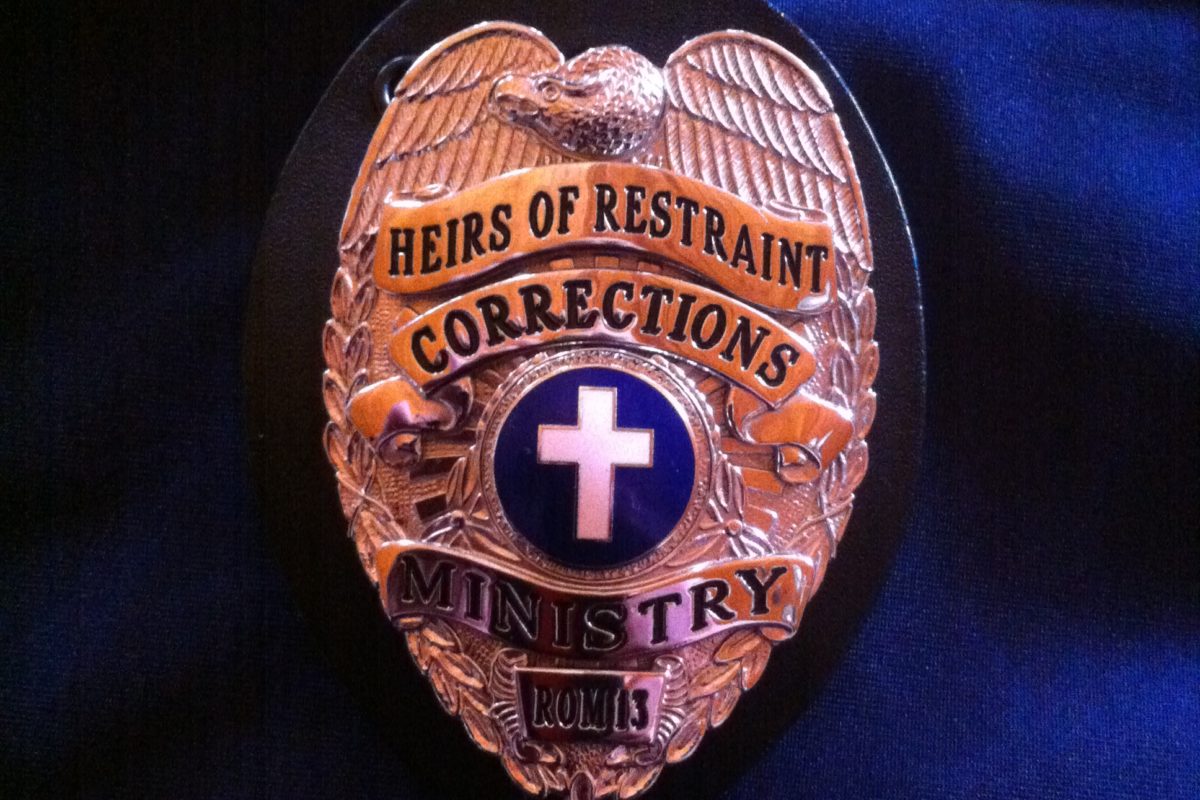In a 30 day survival challenge, a person is totally living off the land; eating what can be caught and prepared, facing the weather, away from family and normal everyday routines. An importance is placed on knowing the main dangers of the setting for the encounter. These expeditions take place in a variety of settings including desert, wilderness, and arctic environments and in a variety of different countries, with a varying number of participants, yet all with the common goal of surmounting the natural world to survive. During this time, things are experienced that may be attempted to be related to loved ones, but they will never totally comprehend, no matter how hard they try.
When out in the elements, a shelter is constructed from available materials. In this survival situation, your whole focus becomes on your next meal, water, fire, and shelter. There are a limited number of tools and items that can be taken by the participants in a survival challenge. You are not really going anywhere or making any progress, and at the end, your only accomplishment is that you survived.
Energy has been totally spent thinking, observing, and planning in these surroundings, where you are always trying new food items and devising creative plans to catch things. At the end of the experience where you’ve had constant exposure to the elements and been completely terrified at times, you are totally exhausted, and can only go home and crash, finding that family does not understand what was experienced or the full impact on the physical body. These demanding challenges test mental, physical, and spiritual endurance and resources, with a successful outcome putting us in a position of self-reliance, which feeds pride.
Numerous parallels can be drawn to corrections work, where our survival challenge takes place in a variety of settings, such as Bureau of Prisons, County Jail, or a State Facility, each location having its own unique set of daily dangers. Here we are trying to find or build our own shelter, having left the security of our home. Every day presents a degree of difficulty in corrections work, however, not every day is a hard day during a survival challenge. Sometimes your concerns are more minimal if you have enough food and water to make it through the day because of an abundance you got the day before. Incidentally, you may have to eat the same thing every day for a long time without any variety. In corrections, you may need to draw strength from the same set of verses for a long time. You’d like to have something different or may want things to change, but it’s profitable to return to the fundamentals, finding that some of the same passages from the Word of God are able to sustain you, like they have so many times before.
In a survival situation, things that a person would not normally eat begin to taste good. In order to discern, you have to be eating all the time. Job 6:30 “Is there iniquity in my tongue? Cannot my taste discern perverse things?” We are to “abhor that which is evil; cleave to that which is good”(Romans 12:9); requiring us to feast on the Word of God daily to be able to discern the difference. If we don’t, we may find ourselves feeding on destruction, thinking it’s good.
Seasons in corrections work can feel like a survival situation; we get in the mode of going from shift to shift, day to day, mandatory overtime to mandatory overtime. As months role on, and we are routinely short-staffed, vulnerability mounts as extra duties pile on and additional demands draw our focus. Our professional tools are limited by out departments, but the Bible has an unlimited amount of tools in it that we can utilize in our personal survival challenge of corrections work.
May we remember, there is more to life than just surviving; even though our loved ones cannot fully understand, they need us to do more than just make it. In corrections, the survival challenge is everyday.







